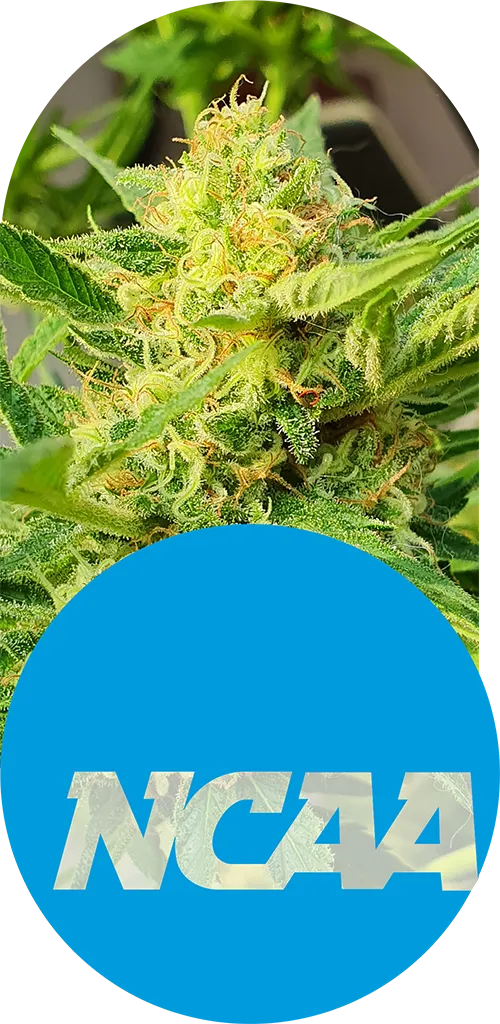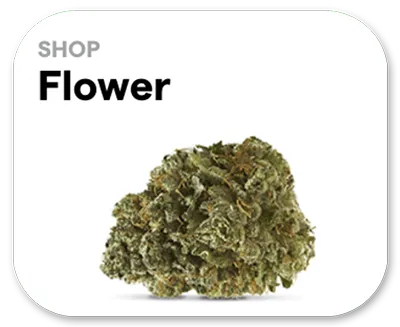A New Era for College Athletes: Understanding the NCAA's Removal of Cannabis from Banned Substances
The NCAA's decision to remove cannabis from its list of banned substances is a multifaceted issue that reflects broader shifts in societal attitudes towards marijuana. While the policy change aligns the NCAA with other major sports organizations and societal trends, it also brings about several nuanced considerations.
Health and Well-Being Focus
One of the main reasons behind this decision is the acknowledgment that cannabis does not provide a performance-enhancing advantage, as noted by Josh Whitman, chair of the NCAA’s Division I Council (Inside Higher Ed) (The Source). The shift towards treating cannabis similarly to alcohol reflects a move towards a harm-reduction approach, where the focus is on the health and well-being of student-athletes rather than punitive measures. This approach aims to reduce the stigma around cannabis use and encourage athletes to seek help if needed, rather than hiding their use due to fear of sanctions.


Educational Imperatives
The NCAA's new policy emphasizes education over punishment, highlighting the importance of informing athletes about the potential risks and responsible use of cannabis. This shift is seen as a positive step, especially considering the rising numbers of student-athletes who report using cannabis—26% according to a recent survey (The Source) (420 Intel). By focusing on education, the NCAA hopes to mitigate any potential negative effects of cannabis use, such as impacts on mental health or academic performance.
Broader Social and Legal ContextThis policy change also occurs within a broader social and legal context where cannabis is increasingly decriminalized and legalized. For instance, recent moves by the federal government and various states to reclassify marijuana and issue pardons for past convictions highlight a growing consensus that previous punitive measures were often disproportionate and counterproductive (The Source). This broader context likely influenced the NCAA's decision, as maintaining a ban on cannabis could be seen as out of step with current societal values and legal realities.
Potential Challenges and CriticismsHowever, this change is not without its challenges and criticisms. Some argue that the NCAA’s decision could lead to inconsistent enforcement across different divisions and universities, especially since individual schools can still enforce stricter rules during the regular season. Additionally, there are concerns about the potential for increased use and the need for effective education and support systems to address any misuse or dependency issues.

















































